Importance of Medical Evidence in SSDI and SSI Claims
The Role of Medical Evidence in Disability Cases
Following the importance of Medical Evidence as mentioned above, the role of Medical Evidence is very simple. It functions as a foundation of a successful impairment case upon which the Social Security Administration (SSA) evaluates. The aim is to show a clear link between your health issue and why you can't do the kind of work that the SSA considers substantial gainful activity (SGA). A large sum of impaired patients believes their medical records will highlight everything for themselves.
What Kind of Medical Records Do I Need?
Before jumping on Social Security disability, you must collect all the important series of Medical evidence required for SSDI/SSI records:
- Your history of medical records from health departments, such as physicians, specialists, and hospitals, help in diagnosis, treatment, and effect of the condition on regular life.
- You must have objective evidence, including your X-rays, MRIs, and other diagnostic tests that can show the severity of the impairment.
- Your medical treatment history, including medications, surgery, physical therapy, and other interventions, shows your continuous efforts to manage and address your disability.
- Your expert or family physician's statements, highlighting the limitations imposed by the disability, are a must.
- Lastly, your personal analysis of your daily tasks and activities that show your disability hindering in which cases.
Understanding the Role of SSA in Your Medical Claims
It is important to acknowledge the role of SSA in your Medical Claims. A Social Security Disability Insurance (SSDI) depicted its analysis regarding the claimant’s medical records.
To be found eligible, the individual needs to meet specific requirements, which include having a medical issue that prevents the individual from interacting in “massive fruitful tasks.”
The SSA utilizes a five-step evaluation process to assess eligibility for disability benefits, with a focus on Medical evidence at each stage:
- Substantial Gainful Activity (SGA): Presenting medical evidence that shows how your impairment prevents you from engaging in substantial work can help strengthen your case.
- Severity of Impairment: A more detailed and convincing medical record enhances the likelihood of meeting the severity criterion.
- Listing of Impairments: Streamlining the approval process by aligning robust medical evidence with specific conditions on the SSA's list.
- Ability to Perform Past Work: Inability to carry out previous job duties supports your claim.
- Ability to Perform Other Work: Presenting medical evidence indicating incapacity for other types of work due to significant limitations can positively influence the SSA's decision.
Medical Records Considered by SSA
Some medical records that SSA considers are as follows:
- Licensed Doctors, such as your main or family care doctor.
- Licensed psychologists.
- Licensed optometrists (eye doctors)
- Licensed/Certified speech therapists
- Licensed podiatrists (foot doctors)
- Documents and records from health facilities, professional clinics, and hospitals.
How Recent Must Medical Records/Evidence Be?
Medical records don't have a specific expiration date, so it's essential to keep in mind that the records you share with the SSA will be used to validate your current physical or mental disabilities. Regularly updating your medical records is a good idea, ensuring they provide clear and sensible evidence of your ongoing health conditions.
Timely updates can help depict the current status of your disabilities, making it easier for the SSA to understand and assess your eligibility for disability benefits. Regularly checking your medical records ensures that the information presented is accurate and reflects your present health situation.
Tips for Building a Strong Medical Evidence Base
Keep the following tips in mind to help you build a strong Medical Evidence:
- First and foremost, you must gather all necessary documents and medical records as the initial step.
- The next step is to provide a concise and clear history of your records.
- Lastly, hiring an expert or lawyer to guide you through the instructions can be beneficial.
How a Disability Lawyer Can Help You Claim What You Deserve
A disability lawyer can help you in securing the benefits you rightfully deserve. Eric Hunt is known for navigating the complexities of the claims process, ensuring all necessary evidence is presented for any SSDI/SSI legal cases. With the expertise of Eric Hunt, build a compelling case, maximize your chances of a successful disability claim outcome, and secure the support you need.
Related Read: Differences between SSI and SSDI, How to get started with Disability Claims
FAQ
1. What is a medical review by Social Security for disability?
A medical review is a review of your medical records to determine if your conditions render you disabled in the eyes of SSA.
2. What is the 5-year rule for SSDI?
The Social Security 5-year rule refers specifically to disability benefits. It requires that you must have worked five out of the last ten years immediately before your disability onset to qualify for Social Security Disability Insurance (SSDI).
3. What are the new rules for SSDI in 2024?
As of 2024, you may stop receiving SSDI benefits if you earn over $1,550 monthly.











